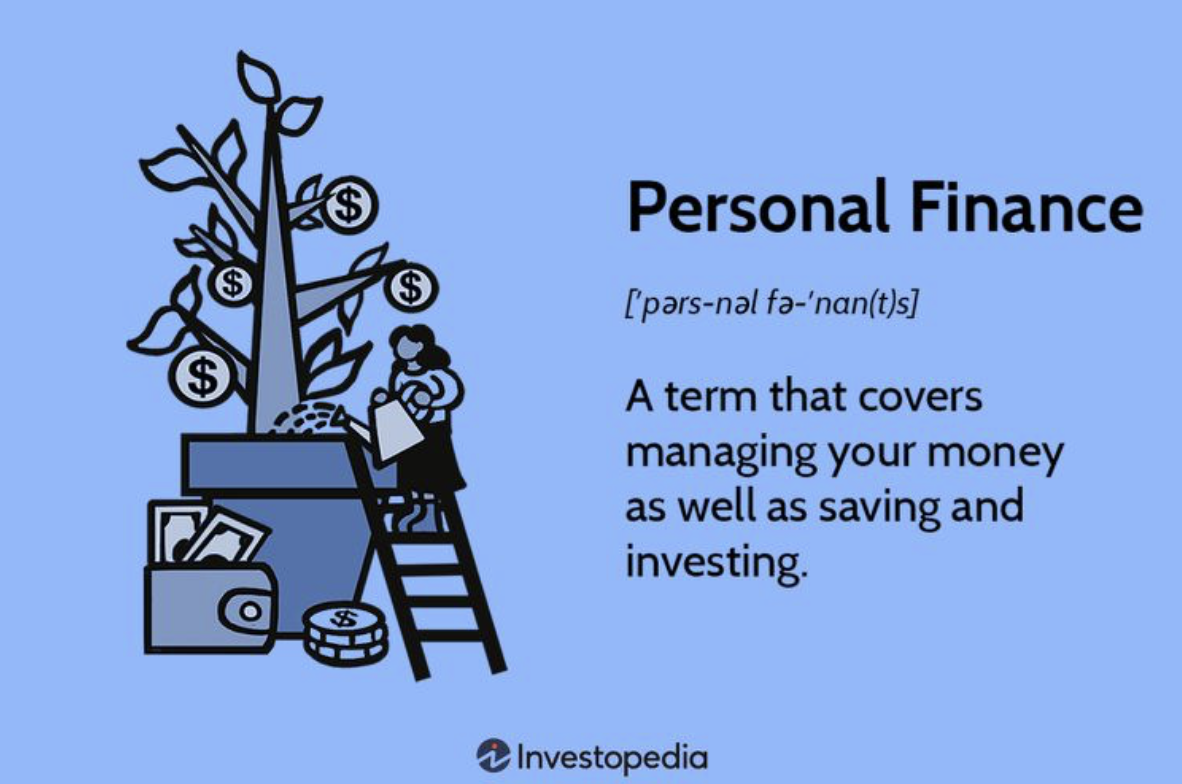In the last Post we started discussing Personal Finance Strategies to manage the 5 core areas of Personal Finance: Income, Spending, Savings, Investments and Protection.
In this Post we will continue our discussion, talking about basic Personal Finance Strategies – Part 2.
Personal Finance – 10 Basic Strategies
Here we will cover Strategies 6 and 7.
.
6. Invest in your Financial Education
Education is a life-long currency.
You can store money in a bank, you can invest it in an apartment or a car, or you can gain new knowledge. Knowledge is independent of course, mileage, or location. It is not related to the degree of protection of your bank. It will not depreciate and will not disappear. Knowledge is reliability.
Do not think about wealth in terms of money. Your true wealth comes from knowledge and applying that knowledge to increase your Financial IQ.
Your knowledge about taxes, interests, investments, inflation can either make you poorer or richer.
No matter what your profession is in this world, we all need Financial Education.
Unfortunately, our school systems almost never teach us Financial Education. They teach us how to get a Job, not about the Rules of Money.
Sure, you can rely on your family and friends’ teaching too… but only if they themselves learned the Rules of Money. However, most people are not even interested in this topic, and they find it boring.
Financial Habits are often learned at home, looking at our families’ Financial Habits and automatically assuming them as “correct” and “normal”. However, are our families masters in the Rules of Money? Chances are that they are not. They probably are honest workers, maybe brilliant at their job (that can be highly skilled, too). Maybe they are good at saving, too, but sound Financial Education is a different thing.
In the end, it is up to you to educate yourself.
How? Read, study. There are countless books, blogs, videos about this topic.
Hopefully, this blog will give you some help too. For sure, I will try to suggest you as many sources as possible.
7. Plan for Your Future
Retirement may seem like a lifetime away, but it arrives much sooner than expected.
A common rule of thumb is that most people will need about 80% of their current salary in retirement. The younger you start, the more you benefit from the magic of compounding interest — how small amounts grow over time.
Setting aside money now for your retirement not only allows it to grow over the long term but also can reduce your current income taxes if funds are placed in a tax-advantaged plan. In USA, for example, you can refer to individual retirement account (IRA), a 401(k), or a 403(b). If your employer offers a 401(k) or 403(b) plan, start paying into it immediately, especially if your employer matches your contribution. By not doing so, you’re giving up free money. Take time to learn the difference between a Roth 401(k)and a traditional 401(k) if your company offers both.

My case: Italy
In Italy, for example, you can refer to specific Retirement Closed Funds called Fondi Pensione di Categoria. These are Closed Funds used as Retirement Accounts for workers within specific Productive Sectors.
In Italy, most employees are covered by some form of National Working Contract (CCNL), bargained at a national level. Each CCNL covers workers in a specific productive sector. Most CCNL set a specific Closed Fund for Retirement Accounts for its workers.
For example, my National Contract is called Chimico-Farmaceutico Industria (Chemical and Pharmaceutical Industry).
In my case this Fund is called Fonchim. I chose a relatively aggressive plan: my Retirement Fund invests 60% on Stocks, 40% of Bonds. This is good due to my relatively young age (more about this in other posts).
Workers contribute via:
- TFR – Trattamento di Fine Rapporto (literally: End of Relationship Scheme): a saving scheme, compulsory by law. Approximately one extra month-salary per year is saved by the company. It can be used to feed the Retirement Account (before taxation), or it can be kept by the company and received when the worker quits his job (after taxation);
- Company Contribution (equivalent to 2.1% Gross Salary) – almost before tax, see below for details;
- Worker Contribution (equivalent to at least 1.2% Gross Salary) – almost before tax, see below for details.
You can see that Company Contribution is a sort of Extra-Yield or Indirect Compensation, which is lost if you don’t adhere to the Scheme. This alone makes most people in this sector adhere to the Pension Scheme.
Other advantages are given by specific Tax Advantages.
- Contribution from (Worker + Company) are non-taxed up to 5164.57 € / year (2023 level)
- Reduced taxation for withdrawals (lump sums for special expenses, periodic income during retirement years).
- Taxation ranges from 9 to 15%: the longer the Retirement Account life, the lower the taxation.
- As a comparison, Personal Income Tax in Italy for employees ranges from 23% to 43% (local taxes must be added, another 2-4%).
The main disadvantage is that this money is constrained. It can be withdrawn only if you quit your current job, if you have specific expenses (for example your first home purchase) or if you retire.
—
Similar plans exist for many countries.
Note that Investing is only one part of Planning for Retirement. Other strategies include waiting as long as possible before opting to receive Social Security benefits (which is smart for most people) and converting a Term Life Insurance policy to Permanent Life.
Conclusions
In this post we shortly discussed Personal Finance – Basic Strategies (Part 2 of 3). You can find Part 1 here and Part 3 here.
Of course, we could discuss them in much greater details (and we will). For now, however, it should be enough to have a rough idea.
In the next posts, we will talk about Personal Finance Skills and how to develop them through education.
See you soon!
Latest Posts – Personal Finance







Leave a Reply